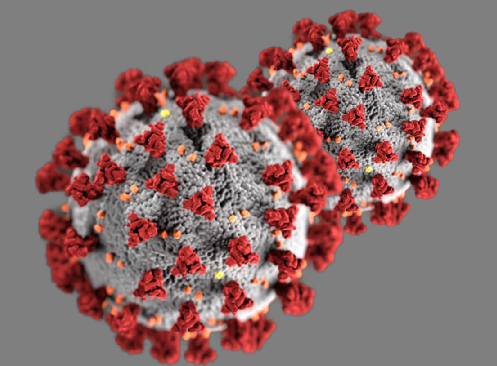London (ISJ): An expert review by an international group of scientists, including some at the World Health Organisation (WHO) and the US Food and Drug Administration (FDA), concluded, even for the delta variant, vaccine efficacy against severe COVID is so high that booster doses for the general population are not appropriate at this stage in the pandemic.
The review, published in The Lancet, summarises the currently available evidence from randomised controlled trials and observational studies.
A consistent finding from the observational studies is that vaccines remain highly effective against severe disease, including that from all the main viral variants. Observational studies found, vaccination had 95 percent efficacy against severe disease both from the delta variant and from the alpha variant, and over 80 percent efficacy at protecting against any infection from these variants. Across all vaccine types and variants, vaccine efficacy is greater against severe disease than against mild disease.
Vaccines are less effective against asymptomatic disease or against transmission than against severe disease. Even in populations with high vaccination coverage, the unvaccinated minority are still the major drivers of transmission and at the highest risk of serious disease.
“Taken as a whole, the currently available studies do not provide credible evidence of substantially declining protection against severe disease, which is the primary goal of vaccination,” said lead author Dr Ana-Maria Henao-Restrepo of WHO.
The authors noted even if levels of antibodies in vaccinated individuals wane over time, this does not necessarily predict reductions in the efficacy of vaccines against severe disease. This could be because protection against severe disease is mediated not only by antibody responses, which might be relatively short lived for some vaccines, but also by memory responses and cell-mediated immunity, which are generally longer-lived. If boosters are ultimately to be used, there will be a need to identify specific circumstances where the benefits outweigh the risks.
Increasing success in delivering vaccines to large populations will inevitably lead to increasing numbers of vaccinated people. The ability of vaccines to elicit an antibody response against current variants indicates that these variants have not yet evolved to the point of likely escape from the memory immune response induced by the vaccines.
Even if new variants that can escape the current vaccines, they are most likely to do so from strains that have already become widely prevalent. Therefore, the effectiveness of boosters developed specifically to match potential newer variants could be greater and longer lived than boosters using current vaccines.
“The vaccines that are currently available are safe, effective, and save lives. Although the idea of further reducing the number of COVID-19 cases by enhancing immunity in vaccinated people is appealing, any decision to do so should be evidence-based and consider the benefits and risks for individuals and society,” added co-author of the study, Dr Soumya Swaminathan, WHO Chief Scientist.
Source: The Lancet
Image: Representational


